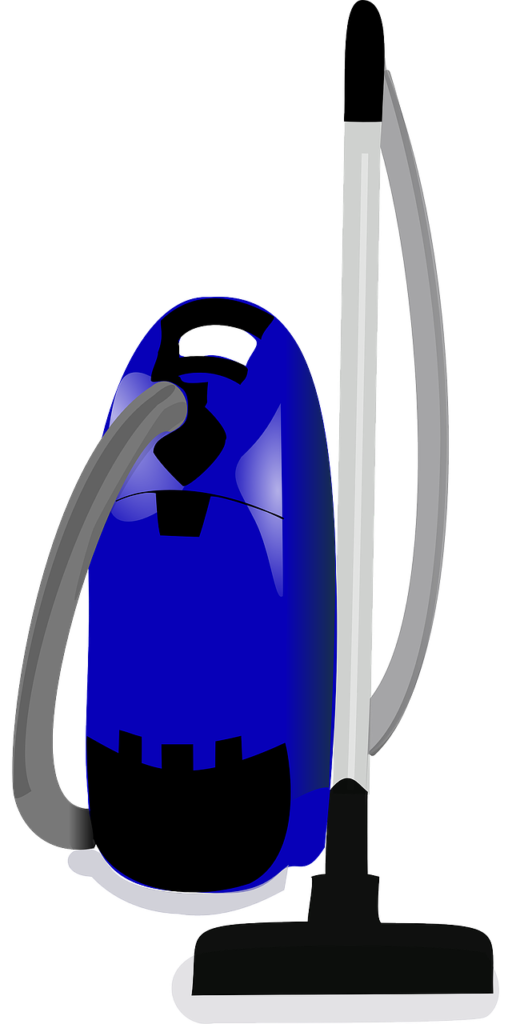Vacuuming is one of the most effective ways to keep your home clean, but it’s easy to overlook a critical component of the process: the vacuum filters. These humble components play a major role in how well your vacuum performs and in maintaining the air quality in your home. Regularly changing your vacuum filters is not just about keeping your machine in good working order—it’s also essential for your health and the cleanliness of your living space. Let’s dive into why this simple task is so important.
- Maintains Optimal Vacuum Performance
A clogged or dirty filter can significantly reduce your vacuum’s suction power. When filters are packed with dust, debris, and allergens, the motor has to work harder to pull air through. This not only decreases the efficiency of your vacuum but can also shorten its lifespan. Changing the filters regularly ensures your vacuum runs smoothly and effectively picks up dirt and debris, leaving your floors and carpets cleaner with less effort.
- Improves Air Quality
Vacuum filters, especially HEPA (High-Efficiency Particulate Air) filters, are designed to trap tiny particles such as dust mites, pollen, pet dander, and other allergens. Over time, these filters become saturated and lose their ability to capture particles effectively. A dirty filter may even release some of these trapped allergens back into the air, exacerbating allergies or respiratory issues. By replacing filters as recommended, you can ensure cleaner indoor air and a healthier home environment.
- Reduces Risk of Mold and Mildew
Filters can accumulate moisture along with dust and debris, creating a breeding ground for mold and mildew. When mold spores are released into the air, they can cause allergic reactions, respiratory problems, and unpleasant odors in your home. Regularly replacing or cleaning your filters helps prevent this buildup, protecting both your vacuum and your health.
- Prevents Secondary Pollution
A vacuum with a clogged filter can become a source of secondary pollution. Instead of trapping dirt and allergens, it may scatter fine particles back into the air or onto surfaces, undoing the very cleaning you’re trying to achieve. Fresh filters ensure your vacuum performs its job without reintroducing contaminants into your living space.
- Saves Money in the Long Run
Although it might seem like an added expense, replacing your filters regularly can actually save you money. A well-maintained vacuum is less likely to break down or require costly repairs. Additionally, efficient cleaning means you’ll use your vacuum less frequently and expend less energy, which can lower utility bills.
- Supports Allergy and Asthma Management
For individuals with allergies or asthma, maintaining clean vacuum filters is especially critical. Dirty filters can exacerbate symptoms by failing to trap allergens effectively. Keeping filters clean and fresh ensures your vacuum helps reduce airborne irritants, contributing to a safer and more comfortable living environment.
How Often Should You Change Your Filters?
The frequency of filter changes depends on several factors, including the type of vacuum, the kind of filter it uses, and how often you vacuum. Generally, filters should be cleaned or replaced every 3 to 6 months, but households with pets, smokers, or allergy sufferers may need to do this more often. Always refer to your vacuum’s user manual for specific recommendations.
Final Thoughts
Changing your vacuum filters regularly is a small yet impactful step toward a cleaner, healthier home. It ensures your vacuum operates at peak performance, improves indoor air quality, and protects your health by reducing allergens and pollutants. Set a reminder or mark your calendar to check your filters regularly—your lungs, your floors, and your vacuum will thank you!

